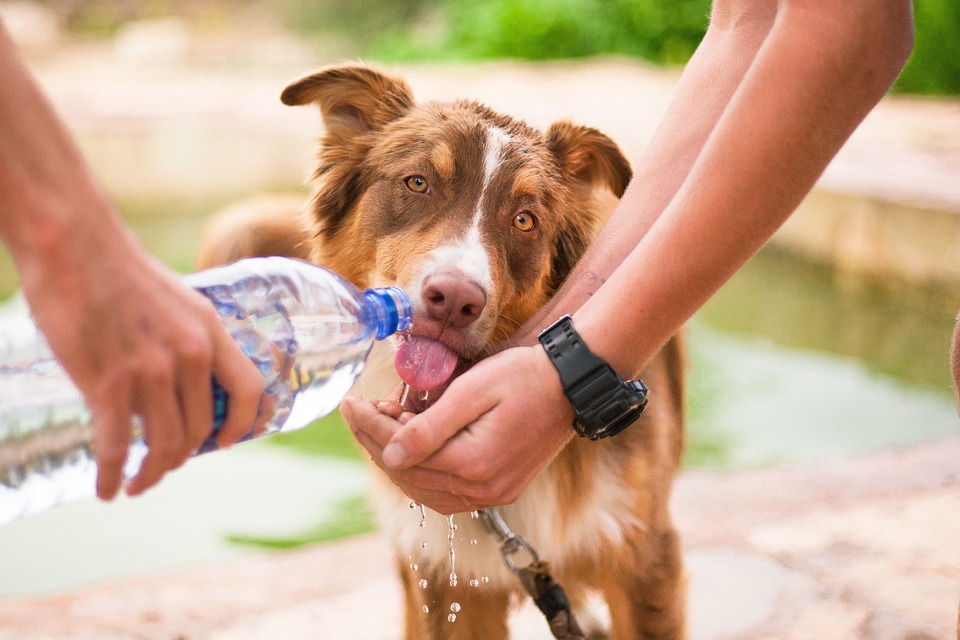Introduction:
Maintaining proper hygiene for your furry friend is essential for their overall health and happiness. One often overlooked aspect of dog care is regularly checking and cleaning their anal glands. In this article, we will delve into why anal gland maintenance is crucial, how to perform it safely, and address some frequently asked questions to ensure you have all the necessary information to keep your dog comfortable and healthy.
I. Understanding the Importance of Anal Gland Maintenance
A. What are anal glands?
Anal glands, also known as anal sacs, are small glands located on either side of your dog’s anus. They produce a strong-smelling fluid that is used to mark territory or communicate with other dogs.
B. Why do dogs have anal glands?
Dogs have anal glands as a natural part of their anatomy. In the wild, these glands help dogs communicate and establish dominance. However, domesticated dogs may not have the same need for this function.
C. Why is regular maintenance necessary?
Regular maintenance of your dog’s anal glands is necessary to prevent discomfort and potential complications. If the glands become impacted or infected, it can lead to pain, inflammation, and even abscesses.
D. Potential complications if left untreated
If anal gland problems are left untreated, they can lead to more serious issues such as anal gland abscesses, skin infections, and discomfort for your dog. In severe cases, surgical intervention may be required to resolve the problem.
II. How to Check and Clean Your Dog’s Anal Glands
A. Signs that your dog’s anal glands need attention
Some signs that your dog’s anal glands need attention include scooting their rear end along the ground, excessive licking or biting of the anal area, a foul odor coming from the rear end, or signs of discomfort or pain.
B. Step-by-step guide to checking anal glands
To check your dog’s anal glands, gently lift their tail and observe the area around the anus. Look for any swelling, redness, or discharge. If you notice any abnormalities or your dog displays signs of discomfort, it is best to consult with your veterinarian.
C. Safe and effective techniques for cleaning anal glands
Cleaning your dog’s anal glands should be done by a professional groomer or veterinarian. They have the necessary training and experience to perform this task safely and effectively. Attempting to clean the glands at home can be risky and may lead to injury or infection.
D. When to seek professional help
If you notice any signs of discomfort or if your dog’s anal glands are impacted, it is important to seek professional help. Your veterinarian can properly assess the situation and provide appropriate treatment options.
III. Frequently Asked Questions (FAQs)
A. What causes anal gland problems in dogs?
Anal gland problems in dogs can be caused by various factors, including genetics, diet, allergies, or underlying medical conditions.
B. How often should I check and clean my dog’s anal glands?
The frequency of checking and cleaning your dog’s anal glands depends on their individual needs. Some dogs may require more frequent attention, while others may not need it as often. Consult with your veterinarian to determine the best schedule for your dog.
C. Can I clean my dog’s anal glands at home?
It is not recommended to clean your dog’s anal glands at home unless you have received proper training and guidance from a professional. Attempting to clean the glands yourself can lead to injury or infection.
D. Are there any alternatives to cleaning anal glands manually?
In some cases, dietary changes or supplements may help promote healthy anal gland function and reduce the need for manual expression. Consult with your veterinarian for appropriate recommendations.
E. What should I do if my dog’s anal glands are impacted?
If you suspect your dog’s anal glands are impacted, it is important to seek veterinary care. Your veterinarian can safely and effectively express the glands and provide any necessary treatment to resolve the issue.
Conclusion:
Regularly checking and cleaning your dog’s anal glands is an essential part of their overall hygiene routine. By understanding the importance of anal gland maintenance, learning how to perform it correctly, and addressing common concerns, you can ensure your dog remains comfortable and avoids potential complications. Remember, if you have any doubts or concerns, consult your veterinarian for professional guidance and support.









